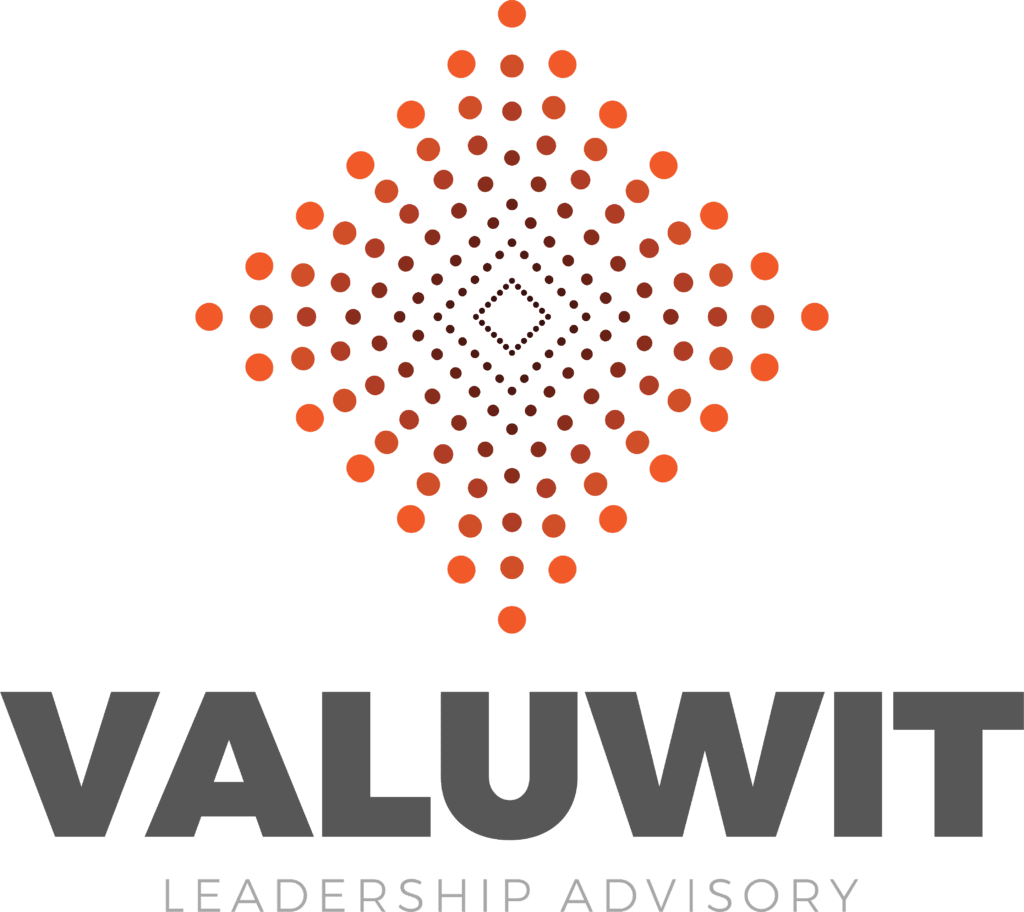The Hype vs. Reality: Can AI Help Businesses Tap into Blue Oceans?
The race for artificial intelligence (AI) adoption has been leading the business scene for the past year, with projections showing dramatic growth in the coming months.
While the true capabilities and uses of AI are still in their early stages, the global average rate of business adoption is 84%, according to the State of AI report in 2023, published in September by global research firm McKinsey.
However, when broken down, AI is primarily used in customer service and marketing-related functions, according to the same report.
In other words, its use tends to be limited to easing implementation functions, rather than opening up new business horizons.
This raises several questions: Is AI useful when it comes to strategy development? Can it help business leaders assess issues with their current operations? Can the data provided help identify existing market gaps or spot potential new markets?
“While AI has an unprecedented potential in shaping the business world, says Tamer Gouda CEO of VALUWIT, “The one thing machine learning won’t be able to emulate is human intuition.”
In healthcare, for example, a doctor may make a decision that has nothing to do with what’s written in the books. “That’s intuition and hunches at play,” he explains; “that’s also the essence of strategy development.”
The adoption of a Blue Ocean Strategy is a strong example of the limitations of today’s AI when it comes to a company’s efforts to create new opportunities. Blue Ocean is a type of strategy that steers businesses away from competing in existing markets with a similar set of products, rather create a completely new market to lead.
Such school of strategy requires significant data analysis, which AI can perform, as well as a deeper understanding of human motivation, which is a known limitation of generative AI.
Not to AI?
The argument against relying on AI’s insights revolves around the integrity, bias, and incompleteness of the data used in machine learning. To put it in layman’s terms, machines learned equally from data provided by expert reports as click-bait content (content for the sole purpose of increasing reach).
To put it numbers, some 73% of tech experts reported concerns over potentially biased outcomes, with 63% already spotted biases in generative AI outputs, according to a March 2023 survey of more than 500 senior IT leaders by customer-relationship-management provider Salesforce. Similarly, 56% of McKinsey’s study subjects are concerned over data accuracy.
There are numerous expert takes explaining the data-based limitations of AI especially when it comes to decision-making, but three issues rise to the top.
First, the barrier of common sense, machines can’t mimic or factor in common sense. While AI can crunch numbers at astounding speeds, many models can’t understand basic logic, all data is on equal grounds.
Second, domain specialization, most AI models today excel in highly specialized tasks, outside of their domain, their performance plummets.
Third, the black-box dilemma, especially when it comes to deep learning models, computational brains make decisions in ways that are hard for human observers to map. This obscurity has given rise to the term “black box” AI.
Other concerns raised include privacy issues, where copyright breaches were committed during the machine learning process, or at the very least data funneling without adequate oversight. In addition, the potential for misuse of this data for illegal purposes like identity theft or even blackmail.
Cybersecurity is another major concern for businesses sharing their data with AI, where it topped the list of risks for 53% of McKinsey’s surveyees.
Furthermore, when AI reaches the state where it can find new market opportunities, it is possible that several businesses with similar objectives and circumstances will receive the exact same recommendations. In essence, leading to new red oceans, or crowding the same markets.
Or to AI?
Despite the risks associated with its use, AI-powered tools have eased the adoption of a blue ocean strategy in a number of ways.
For example, AI can help companies better examine key performance indicators (KPIs) to make sure that their operations with the strategy they set.
A global survey of more than 3,000 managers and 17 executives by MIT Sloan Management Review, showed that companies that used AI to prioritize their KPIs were 4.3 times more likely to see better alignment between functions than those who did not. In essence, it helps them advance strategic outcomes and deliver measurably better performance.
Another use of AI in strategy development is the analysis of consumer or industry data. While currently, AI tools are weak at recommending new niches, they can save months in large data processing. This allows businesses to make more accurate decisions faster.
AI tools can also aid in pattern recognition, a crucial ingredient in strategy development.
Furthermore, there are companies capitalizing on the computational brains to collect, analyze, and sort global data, offering their users unlimited options to discover market gaps, new markets to penetrate, or help validate product ideas.
Examples include Quid, which focuses on helping companies expand to new markets, and idea validation websites such as IdeaScore, CheckeMyIdea, Eurekaa, and many others.
It’s a matter of time
The race for mastering machine learning is astounding, with global giants funneling investment and experts into developing tools that mimic human intelligence. Therefore, even if today’s human reasoning, intuition, and hunches lead the way in strategy development. It may be a matter of time before machines can replicate them in their decision process.
On the business side, 97% of CEOs believe AI will shape their business’ trajectory, as per global consultancy house Accenteur’s latest data. Moreover, 67% of companies surveyed reported increasing their AI budgets.
For now, the trick remains in the balance of incorporating AI to benefit from its data-processing and pattern recognition capacity while allowing old-fashioned business expertise to lead the process.




